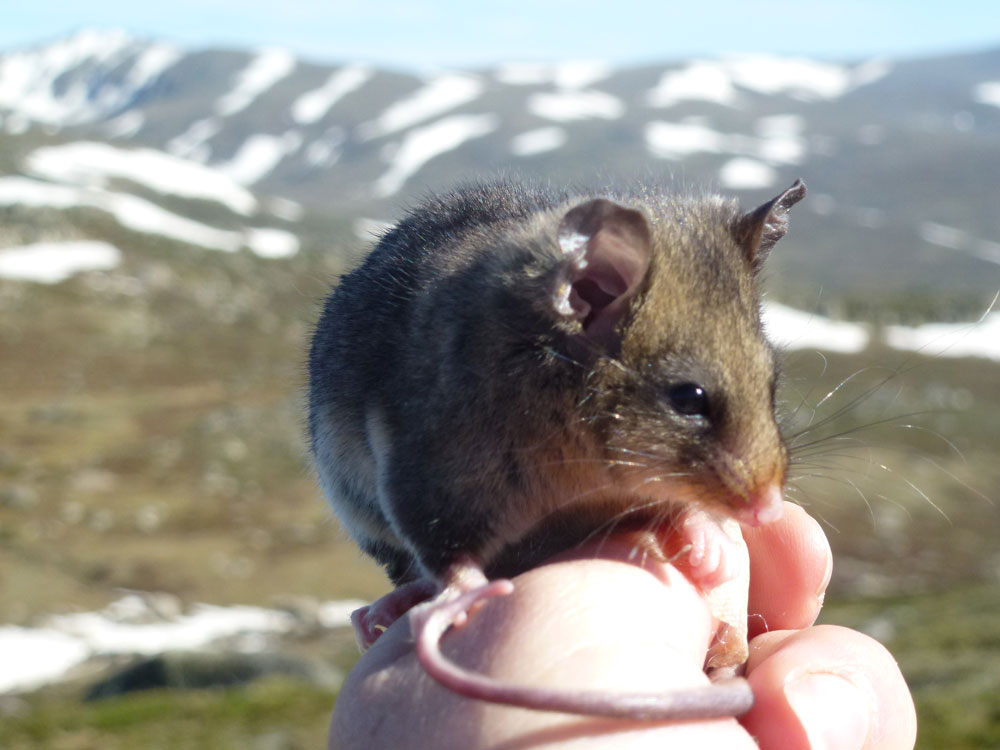
New research, showing rabbit haemorrhagic disease virus (RHDV) has been released when young rabbits are present, is a timely reminder to follow proven advice and use the valuable biocontrol measure only when rabbits aren’t breeding.
NSW Department of Primary Industries (DPI) research scientist, Patrick Taggart said land managers must get the timing right or risk losing a valuable tool to protect agricultural land, endangered native species and the environment from rabbit impacts.
“Releasing RHDV when young rabbits are present is not advised as the practice could exacerbate Australia’s rabbit problem,” Dr Taggart said.
“RHDV should be released only when young rabbits are not present, as rabbits under ten weeks old are resistant to RHDV and once infected they are likely to recover and become immune for life.
“When these immune rabbits breed, their immunity is temporarily passed to their offspring, which we expect will make it harder to control rabbit populations in the future.
“Using RHDV at the wrong time potentially increases, rather than decreases, rabbit numbers and risks the effectiveness of future efforts to control this invasive pest.”
NSW DPI has long-advised RHDV release when young rabbits are not present. In most years, rabbits breed continuously between May and October and young rabbits are likely to be ever-present between July and December.
RHDV should not be released during the breeding period unless land managers are confident rabbits are not breeding and young rabbits are not present. Generally, this is only the case during particularly dry seasons.
NSW DPI advises the use of integrated pest management, which employs a variety of controls, including warren removal and baiting, to manage rabbits at local scales.
Since 1950, reductions in rabbit numbers from viral biocontrols have been estimated to benefit Australian agriculture by $1 billion annually, yet rabbits are still estimated to cost the industry $200 million each year.
Rabbit owners should ensure their rabbits are vaccinated against RHDV and discuss RHDV protection and prevention with their veterinarian.
The study demonstrating many RHDV releases occur at the wrong time of year was published in the Society for Conservation Biology journal, Conservation Science and Practice, https://conbio.onlinelibrary.wiley.com/doi/10.1111/csp2.12639.







.jpg?sfvrsn=97edde42_5)
